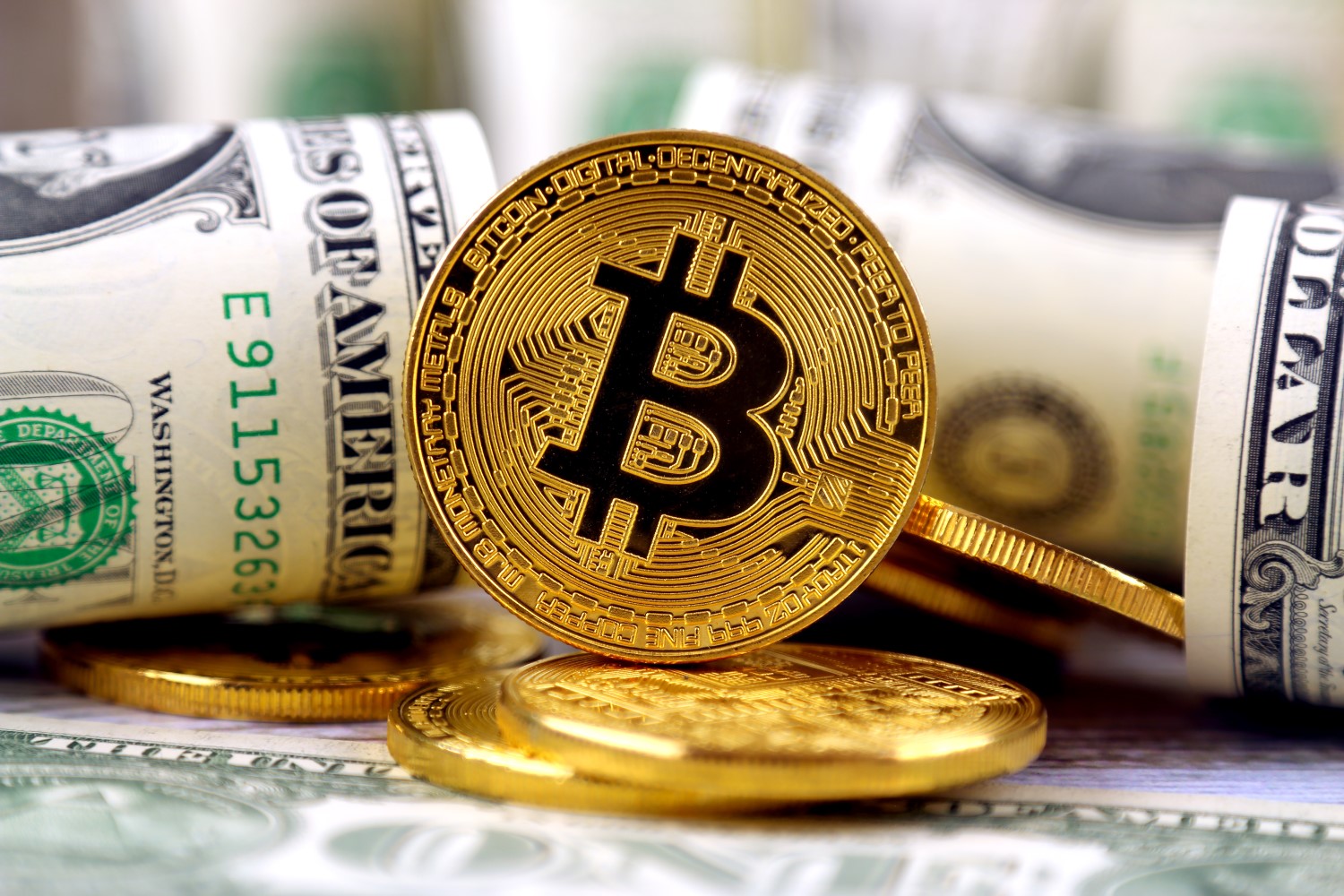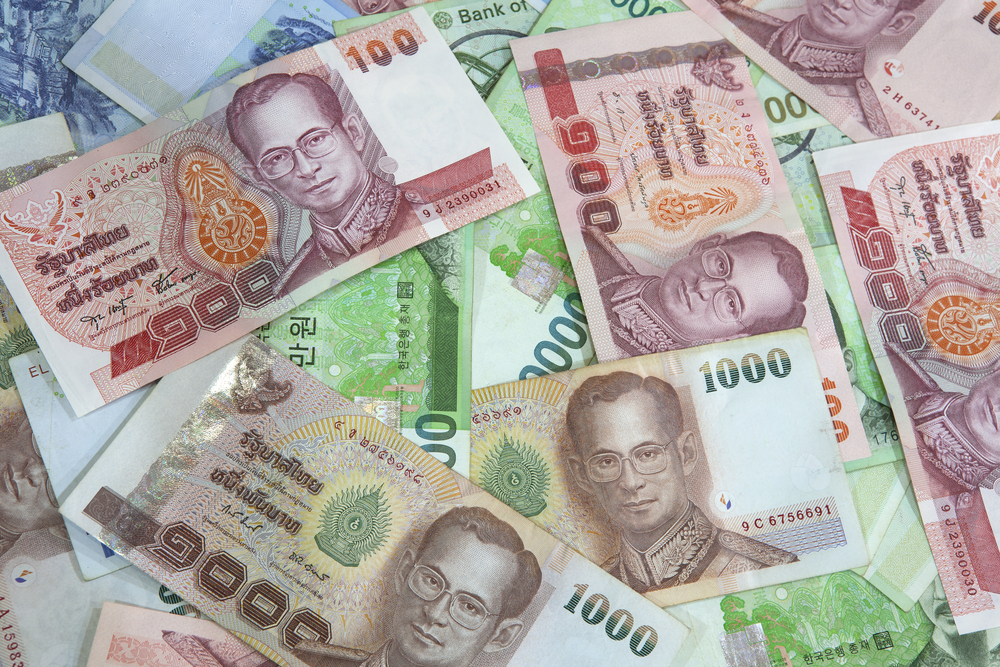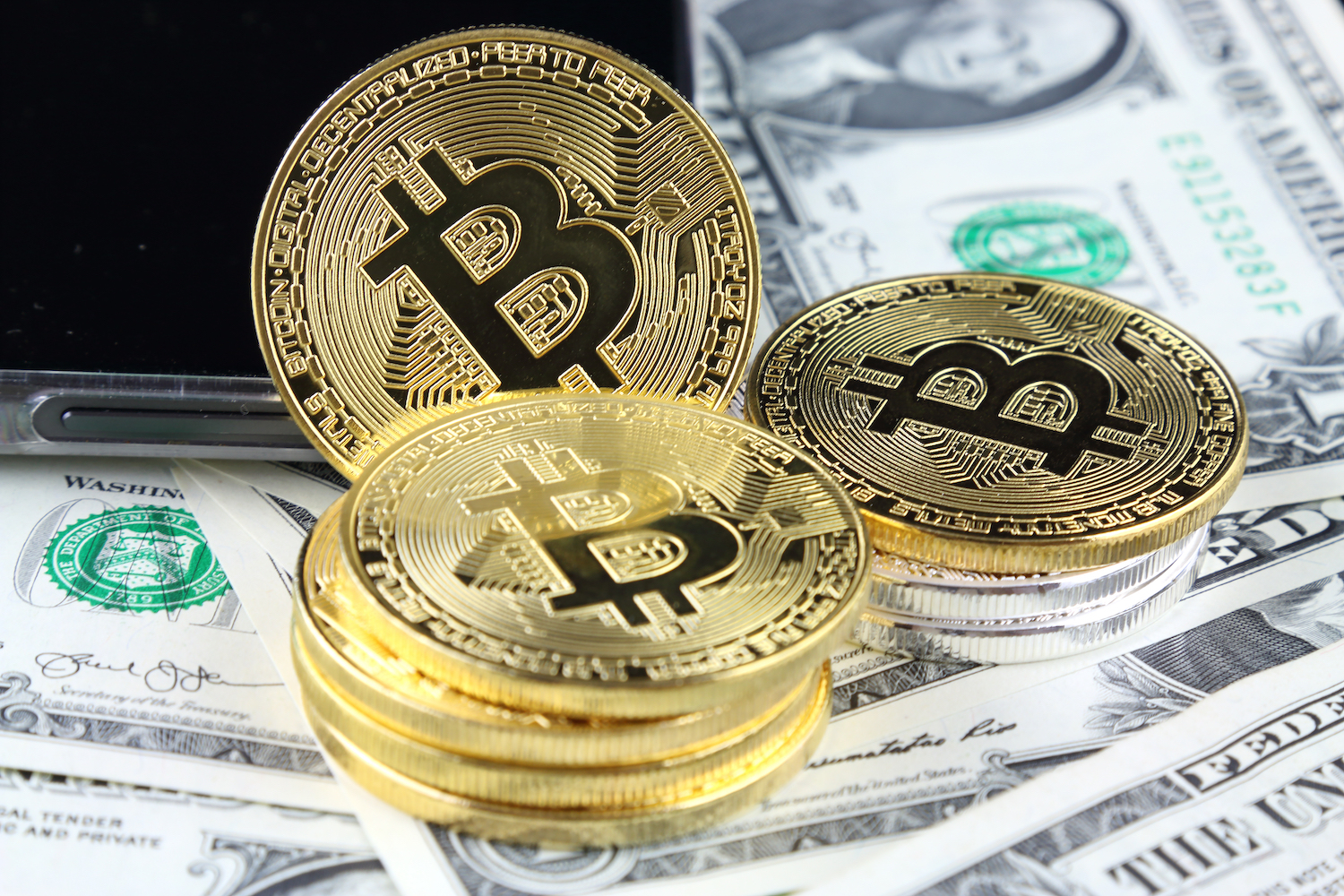Taiwanese Authorities Investigating Blockchain Betters over Polymarket Election Contract: Report
/arc-photo-coindesk/arc2-prod/public/LXF2COBSKBCNHNRE3WTK2BZ7GE.png)
Those looking to make a quick buck betting on Taiwan’s upcoming election may want to think twice, as local law enforcement is currently investigating online influencers and community members promoting a Polymarket contract about the nation’s upcoming election.
Taiwan-based BlockTempo reported that multiple influencers and individuals in the crypto community have been subpoenaed for their participation in Polymarket contracts that let users bet on the outcome of the January election.
There’s currently over $300,000 bet on a contract regarding the outcome of the election, with the market giving the Democratic Progressive Party’s Lai Ching-te, also known as William Lai, a 78% chance of winning.
:format(jpg)/cloudfront-us-east-1.images.arcpublishing.com/coindesk/5TKHJ63ZWRGQRC2UWBNCAVK5NI.png)
Betting on the outcome of an election is specifically prohibited under Article 88-1 of Taiwan’s Presidential and Vice Presidential Election and Recall Act.
“A person who gambles in a public place or a place open to the public on the outcome of an election or recall shall be sentenced to fixed-term imprisonment of not more than six months, short-term detention or a fine of not more than NT$100,000 ($3,196.85),” the law reads.
“Law enforcement agencies in Taiwan are vigilant in investigating any gambling activities related to presidential elections,” Sherman Lin, an attorney at Taipei-based Lin & Partners told CoinDesk in an interview. “Broad legal interpretations have been applied to gambling crimes under the Presidential Election and Recall Act, leading to investigations and convictions of gambling website operators in Taiwan targeting Taiwanese gamblers.”
In the U.S., gambling on the outcomes of elections is illegal in most states, including Nevada. However, most of the enforcement is done by the Commodity Futures Trading Commission (CFTC).
Polymarket’s Terms of Use prohibit it from being used by U.S. persons.
Prediction market KalshiEX has sued the CFTC over its decision to ban its proposed derivatives contracts for betting on congressional control, arguing that these contracts are lawful and beneficial for public interest by enabling risk hedging and providing predictive data.
In Taiwan, while gambling activities, including participation in, promotion of, and platform hosting for betting pools like Polymarket, face legal consequences, enforcing actions against overseas entities presents jurisdictional challenges, limiting Taiwan’s legal reach primarily to domestic actors, Lin explained.
“Given Polymarket’s decentralized nature and lack of physical presence in Taiwan, the Taiwanese judicial system’s reach over Polymarket might be limited,” he said, explaining that law enforcement would likely target online influencers that promoted the contract.
“There have been recent cases where Taiwanese prosecutors pursued online influencers involved in promoting trading platforms, suggesting that even promotional activities could lead to legal implications,” he continued.
When the unlicensed crypto exchange JPEX collapsed in Hong Kong, local law enforcement arrested a number of online influencers who promoted the platform.
Lin also said that while there is plenty of legal precedent to go after centralized entities organizing election gambling, there’s “no established legal precedent in Taiwan for decentralized platforms organizing election betting.”
Polymarket CEO Shayne Coplan did not have a comment at press time.
Edited by Nikhilesh De.









